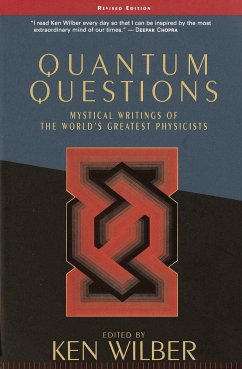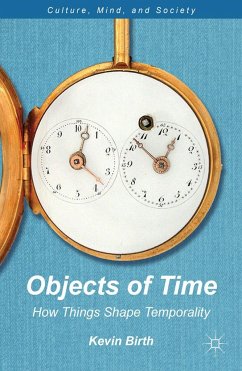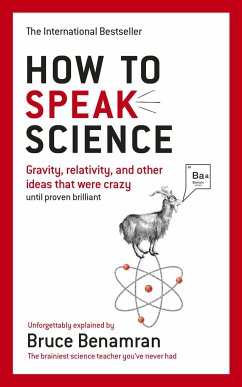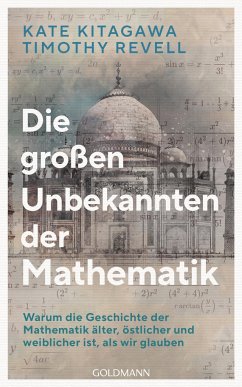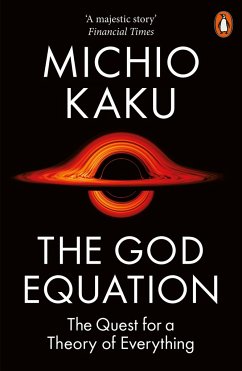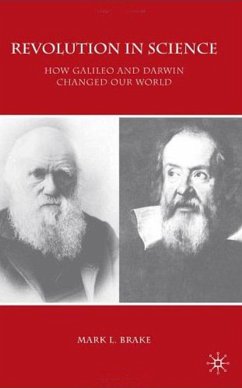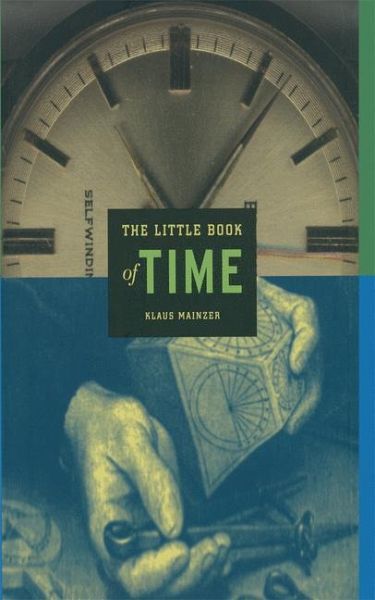
The Little Book of Time
Versandkostenfrei!
Versandfertig in 6-10 Tagen
18,99 €
inkl. MwSt.
Weitere Ausgaben:

PAYBACK Punkte
9 °P sammeln!
Time is fundamental to our experience, but remains mysterious. This book shows how philosophers and scientists have tried to grapple with this most extraordinary of ordinary phenomena. From the attempts of early astronomers to reconcile solar and lunar and terrestrial reckonings, to the huge expansions and contractions of time consciousness brought on by scientists as diverse as Newton, Darwin, and Einstein, this book shows how time is as much a matter of human choice as it is a matter of scientific precision.
chapter 1 Time in the Classical and Medieval Worldviews From the Beginnings to the Pre-Socratic School Zeno's Time Arrow and Aristotle's Continuum 6 Time and Creation According to Saint Augustine 15 Time and Medieval Astronomy 18 20 Calendars and Clocks chapter 2 Time in the Worldview of Classical Physics 25 Absolute Time According to Newton 26 Relational Time According to Leibniz 30 Time in Classical Mechanics 31 Time in Kant's Epistemology 35 chapter 3 Relativistic Spacetime 43 Time in Special Relativity Theory 44 Time in General Relativity Theory 50 Time in Relativistic Cosmology 54 chapter 4 Time and the Quantum World 61 Time in Quantum Mechanics 62 Time in Quantum Field Theories 70 Time, Black Holes, and the Anthropic Principle 78 Time and Thermodynamics chapter 5 83 Time in Equilibrium Thermodynamics 84 Time in Nonequilibrium Thermodynamics 2 9 Time, Irreversibility, and Self-Organization 100 chapter 6 Time and Life 107 Time in Darwin's Theory of Evolution 108 Time in Molecular Evolution 111 Time Hierarchies and Biological Rhythms 117 chapter 7 Time and Consciousness 121 Temporal Rhythms and Brain Physiology 122 The Experience of Time and the Emergence of Consciousness 124 Computation Time and Artificial Intelligence 128 chapter 8 Time in History and Culture 137 Time in Historical Cultures 138 Time in Technological-Industrial Cultures 144 The Time Horizon of the Technological World and the Philosophy of Time 152 Further Reading 161 Index 167 Acknowledgments The Little Book of Time was inspired by my research in








